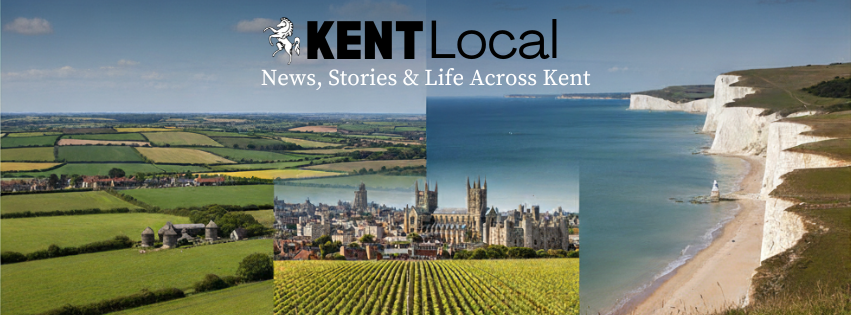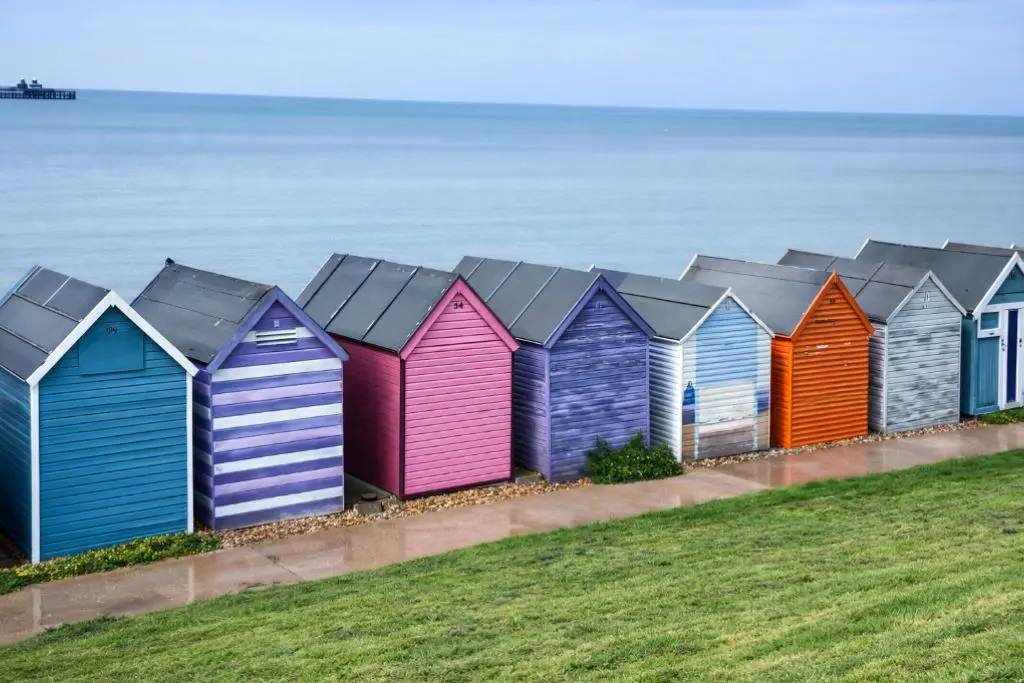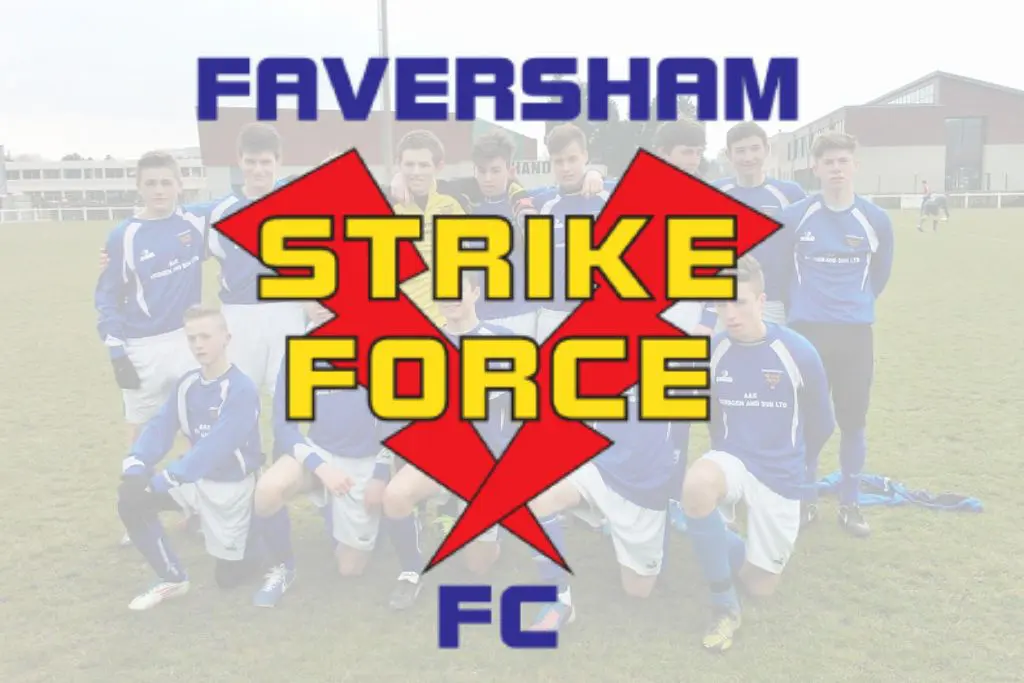A protest rally called by Faversham and Mid Kent MP Helen Whately to end the M20’s Operation Brock traffic system saw a minimal turnout last Friday. Fewer than a dozen people gathered at the Maidstone motorway services, an absence that underscored a major split in local tactics.

Key community leaders, including several parish council chairs, boycotted the public demonstration. They argued that direct negotiation with government bodies would prove more effective than a street protest. The low attendance signals that, despite widespread anger over Brock’s frequent use, local voices are divided on the best strategy to tackle Kent’s persistent freight congestion problem.
Parish Leaders Skip Rally, Call it ‘Photo Op’
The rally’s failure to attract critical community figures drew immediate public attention. Chairs from parishes like Lenham and Harrietsham publicly explained their decision to avoid the event. They felt a small-scale rally was simply less useful than continuing high-level discussions.
Community Leaders Speak Out
John Britt, Chairman of Lenham Parish Council, refused to attend. He bluntly called the gathering “just a photo op for the MP.” Mr Britt argued the complex issues surrounding Brock needed more time for discussion than the rally allowed.
His main frustration, which many residents share, is the system’s frequent use.
“My main complaint is the frequency of Brock being brought in,” Mr Britt said. “It was meant to be an emergency measure, but now it’s every half-term holiday and all summer.”
Eddie Powell, Chairman of Harrietsham Parish Council, also stayed away. Mr Powell lives on a notorious traffic diversion route. He accused the MP of “jumping on a bandwagon.” He stressed that local roads already suffered severe congestion from government housing policies. Operation Brock only made the situation worse.
This unified action by parish leaders showed a strong preference. They favour quiet, strategic negotiation with authorities over public confrontation.
The Problem of Operation Brock
Operation Brock is a contraflow system used on the M20. The Kent and Medway Resilience Forum (KMRF) deploys the system to manage the flow of heavy lorries. This happens whenever they anticipate major disruption or high traffic volumes travelling to the Port of Dover and the Eurotunnel.
The system relies on a moveable concrete barrier to create separate lanes. Lorries heading for the port queue on one side of the motorway. All other traffic uses a contraflow on the remaining lanes. National Highways insists the system is vital for keeping the M20 open during port issues. However, locals argue it pushes traffic chaos directly into their towns and villages.
Costs and Local Impact
Operation Brock creates a significant financial and local burden.
- Financial Cost: Data from Freedom of Information requests confirms that deploying the moveable barrier is expensive. The cost for a single activation often ranges from £100,000 to £250,000.
- Safety and Rat-Running: When the system is active, many drivers deliberately try to avoid the queues by using local roads. This practice, known as ‘rat-running,’ causes huge traffic jams in small villages. It also damages minor roads and creates safety hazards for residents.
The KMRF, which includes Kent Police and Kent County Council, defends using Brock. They base their decision on official data that forecasts high numbers of expected cross-Channel bookings.
Simon Jones, the KMRF Strategic Lead for border disruption, has clearly stated the difficulties authorities face.
“Until more permanent solutions are found to tackle disruption on Kent’s roads, Operation Brock is the only tool we have to keep traffic moving through the county,” Mr Jones stated.
A Push for a Long-Term Solution
Despite the low attendance, MP Helen Whately defended her decision to organise the rally. She said the event was essential to show the “strength of feeling in the area.” She argues that without this public pressure, government departments will continue to ignore the issue.
The MP demands that the government treat Operation Brock as a national problem. This issue requires a long-term solution funded by central government. It cannot be just a temporary fix for Kent.
One short-term measure supported by the MP is a ‘Mini Brock’ system. This variation would run the contraflow over a shorter distance. It would ideally begin between M20 Junctions 8 and 9. Supporters believe this change would lessen the traffic impact on local feeder roads, especially those near Maidstone.
In the long term, focus remains on finding a viable off-road lorry park or developing advanced digital technology to manage freight traffic before it reaches the M20. Progress on these lasting solutions remains slow. This means Operation Brock stays the default solution. The urgent need for a permanent, less disruptive answer for Kent’s road network continues to grow.



